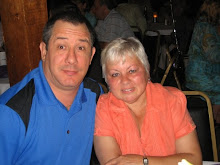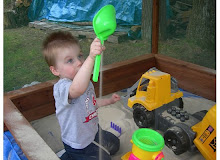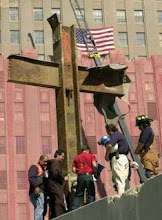Il est né le divin enfant,
Jouez hautbois, résonnez musette.
Il est né le divin enfant,
Chantons tous son avènement.
Depuis plus de quatre mille ans
Nous le promettaient les prophètes,
Depuis plus de quatre mille ans
Nous attendions cet heureux temps.
Une étable est son logement,
Un peu de paille est sa couchette,
Une étable est son logement,
Pour un dieu quel abaissement.
O Jésus, ô roi tout puissant,
Tout petit enfant que vous êtes,
O Jésus, ô roi tout puissant,
Régnez sur nous entièrement.
He is born the divine child,
Play oboe, resonate musette.
He is born the divine child,
Let's all sing his accession.
For more than four thousand years
We've promised by the prophets,
For more than four thousand years
We've been waiting for this happy time.
A stable is his lodging,
A bit of hay is his little bed,
A stable is his lodging,
For a god such a humble thing.
O Jesus, o all powerful king,
Such a little child you are,
O Jesus, o all powerful god,
Rule completely over us.
Hardly a Christmas went by when we didn't hear my mom joyfully singing the above in French, her native language, during the mass. Linda probably heard her mother singing the same tune, as she also remembers the hymns sung on Christmas Eve, by a joy-filled choir.
Western churches in this area, were known for having choirs, rather than just cantors. These choirs were accompanied by instruments mostly, the organ.
The Eastern tradition is different in that instruments are foreign to the liturgical service. There are several understandings here:
- God created the human voice to praise Him, while men create instruments
- Words can be heard in a clear manner, when not drowned out by the organ
- Our purpose is prayerful interaction with the priest to proclaim holy words in worshiping God, during the Liturgy
- We are not providing entertainment, and even just giving notes can be a distraction
The subject of wedding music came up at coffee hour. Some of the other churches play organ music just before or after a wedding, (if they still have an organ). Most Orthodox churches do not have nor do they require one, as this is foreign to our worship. Have we taken on other religious practices, and erroneously adapted these musical additions?
A good choir director is trained to give the notes for musical parts, such as in the Russian Tradition, where some use the uncommon 4-part harmony. The Romanians have a cantor, in which we take our note from, and he takes his note from the priest. (This allows a continuous flow of music without interruption). The advantage in celebrating in this fashion is that the Liturgy can be said anywhere, simply.
The subject came up about the entrance of the bride, and music during a wedding service. As I recall, the priest and the groom met me at the back of the church, with the alter server. We were given a garment from the priest to be led down the isle to the left, in front of the pews, (the wedding party followed).There we exchanged our betrothal. Then, on the right side, in front of the pews we received the marriage blessing. Their was no organ, and the cantors sang the holy hymns beautifully, at the appointed times during the service.
No fancy stepping down the isle for us, or here comes the bride, but it was simply beautiful, peaceful, holy, and no one missed the fanfare.
Tradition has its time and place, for those who need musical accompaniment, my daughter-in-law and one of my nieces had a bagpipe playing beautifully in the distance, a nice touch.
We fill our minds with the notions that television, Hollywood and magazines provide. As if they know anything about the sanctity of Marriage. I was told that here comes the bride comes out of a bar-room setting. Do you still want that at your wedding? The church is full of its traditions, and many of our Orthodox ways extend back, thousands of years.
Do we want to change what is proven, given by the church because we know best, or because we can't have what we want?


























